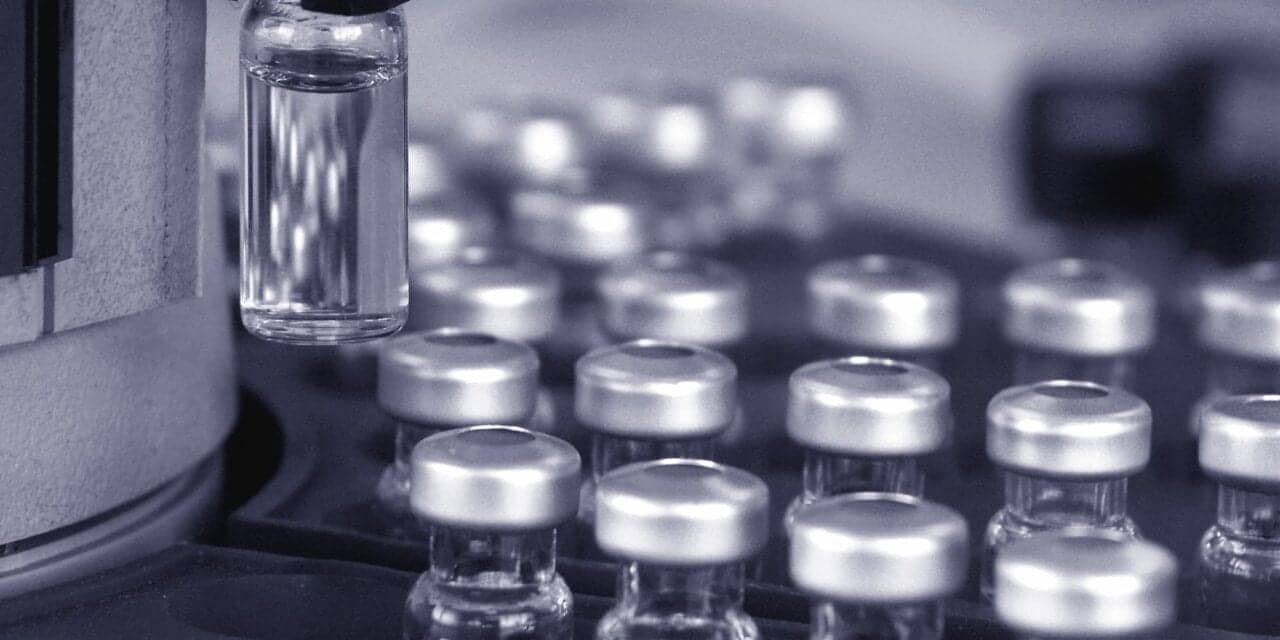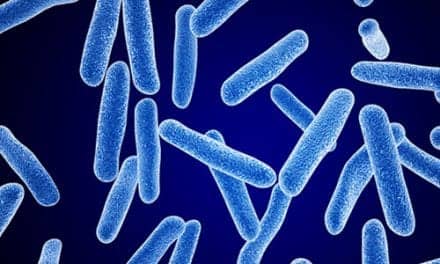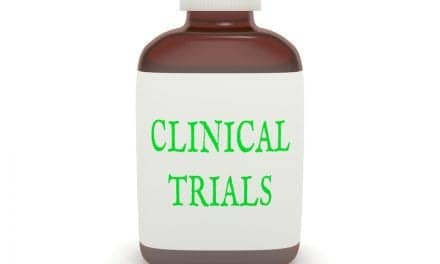Results of a Phase 3 trial of Pfizer/BioNTech’s COVID-19 vaccine demonstrated a 100% efficacy and robust antibody responses in participants aged 12-15 years old, according to the company. According to the Ph3 topline results, which included 2,260 adolescents, the antibody responses in 12-15 year olds exceeded those reported in trial of vaccinated 16-25 year old participants in an earlier analysis, and the vaccine was well tolerated.
The company also initiated dosing in a Phase 1/2/3 study of its COVID-19 vaccine in children 6 months to 11 years of age.
Adolescents 12-15 Years of Age
The trial enrolled 2,260 adolescents 12 to 15 years of age in the United States. In the trial, 18 cases of COVID-19 were observed in the placebo group (n=1,129) versus none in the vaccinated group (n=1,131). Vaccination with BNT162b2 elicited SARS-CoV-2–neutralizing antibody geometric mean titers (GMTs) of 1,239.5, demonstrating strong immunogenicity in a subset of adolescents one month after the second dose. This compares well (was non-inferior) to GMTs elicited by participants aged 16 to 25 years old (705.1 GMTs) in an earlier analysis. Further, BNT162b2 administration was well tolerated, with side effects generally consistent with those observed in participants 16 to 25 years of age.
The companies plan to submit these data to the FDA and EMA for a requested amendment to the Emergency Use Authorization of BNT162b2 and the EU Conditional Marketing Authorization for COMIRNATY® to expand use in adolescents 12-15 years of age as quickly as possible. All participants in the trial will continue to be monitored for long-term protection and safety for an additional two years after their second dose.
Pfizer and BioNTech plan to submit the data for scientific peer review for potential publication.
“We share the urgency to expand the authorization of our vaccine to use in younger populations and are encouraged by the clinical trial data from adolescents between the ages of 12 and 15,” said Albert Bourla, Chairman and Chief Executive Officer, Pfizer. “We plan to submit these data to FDA as a proposed amendment to our Emergency Use Authorization in the coming weeks and to other regulators around the world, with the hope of starting to vaccinate this age group before the start of the next school year.”
Phase 1/2/3 Study in Children 6 months to 11 years old
Last week, Pfizer and BioNTech dosed the first healthy children in a global Phase 1/2/3 seamless study to further evaluate the safety, tolerability, and immunogenicity of the Pfizer-BioNTech COVID-19 vaccine in children 6 months to 11 years of age. The study is evaluating the safety, tolerability, and immunogenicity of the Pfizer-BioNTech COVID-19 vaccine on a two-dose schedule (approximately 21 days apart) in three age groups: children aged 5 to 11 years, 2 to 5 years, and 6 months to 2 years. The 5 to 11 year-old cohort started dosing last week and the companies plan to initiate the 2 to 5 year-old cohort next week.
The Pfizer-BioNTech COVID-19 Vaccine, BNT162b2, has not been approved or licensed by the U.S. Food and Drug Administration (FDA), but has been authorized for emergency use by FDA under an Emergency Use Authorization (EUA) to prevent Coronavirus Disease 2019 (COVID-19) for use in individuals 16 years of age and older. The emergency use of this product is only authorized for the duration of the declaration that circumstances exist justifying the authorization of emergency use of the medical product under Section 564 (b) (1) of the FD&C Act unless the declaration is terminated or authorization revoked sooner. Please see Emergency Use Authorization (EUA) Fact Sheet for Healthcare Providers Administering Vaccine (Vaccination Providers) including Full EUA Prescribing Information available at www.cvdvaccine.com.
The vaccine, which is based on BioNTech proprietary mRNA technology, was developed by both BioNTech and Pfizer. BioNTech is the Marketing Authorizations Holder in the European Union, and the holder of emergency use authorizations or equivalent in the United States, United Kingdom, Canada and other countries in advance of a planned application for full marketing authorizations in these countries.










